4.2 million – that's the number of diabetes-related deaths recorded in 2019 alone.
More and more cases of diabetes are being diagnosed each year, and it’s been estimated that by 2025 the number of global cases will surpass 300 million. Some experts consider the disease a pandemic, and it isn’t hard to see why.
So, what can we do about it?
In the case of type 2 diabetes, a condition often associated with an unhealthy diet and lifestyle, there’s no better strategy than prevention. Recent studies have shown that following a vegan diet can not only help lower the risk of developing type 2 diabetes in the first place, but also improve and reverse existing conditions in a surprisingly short amount of time. Despite popular belief, type 1 diabetes can also be managed effectively by adopting a vegan diet - you just have to know how to do it right. That's exactly what we're here for!
Can Vegans Get Diabetes?
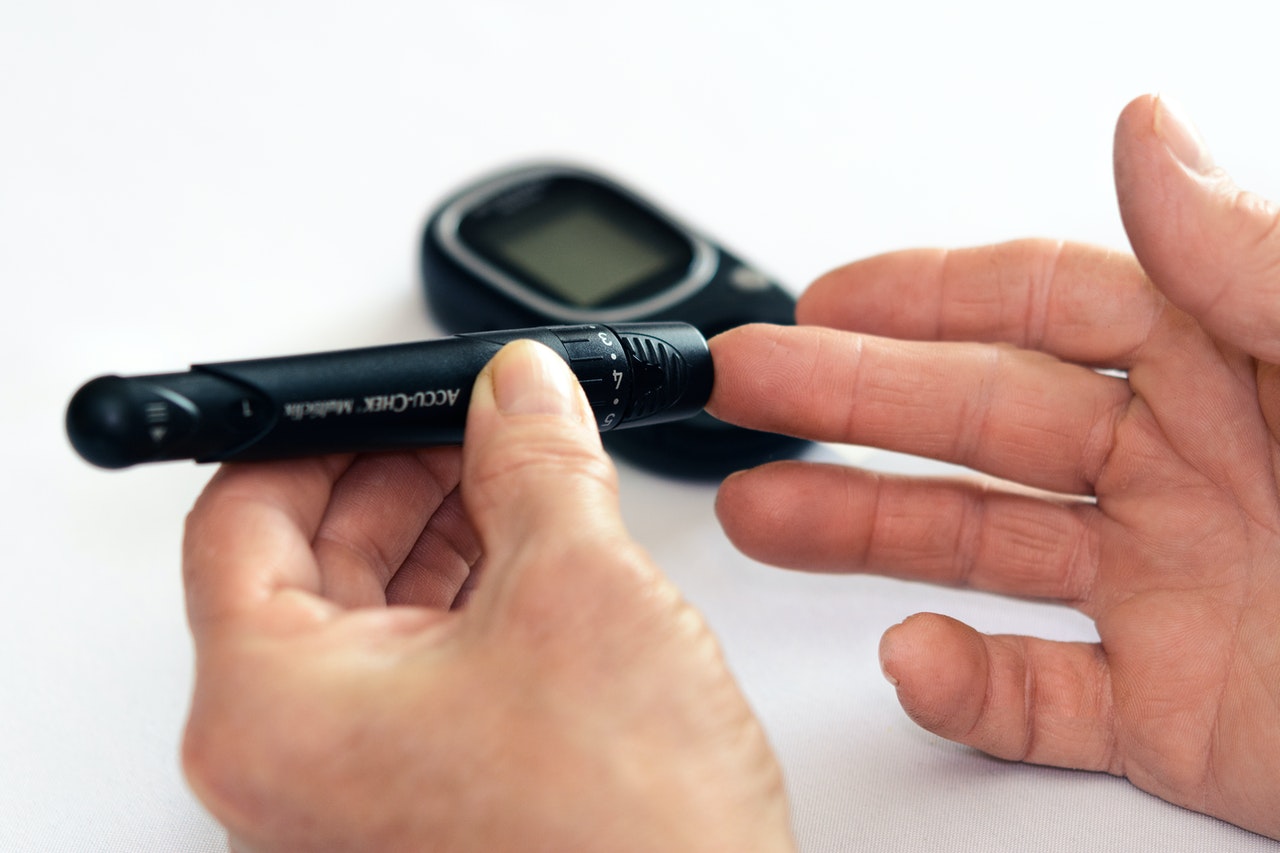
In short, it is very, very unlikely.
Vegans with diabetes simply aren't common. In fact, vegan diets are associated with a dramatically lower risk of developing type 2 diabetes - the lowest risk of all other diets, vegetarianism included. According to a 2011 study, vegans have a 60% lower risk of developing diabetes compared to those who consume animal products, though it is not entirely understood why.
One of the theories reported in this study is that fruits and vegetables, which make up a large portion of a vegan diet, may contribute to a decreased incidence of type 2 diabetes through their low energy density, low glycemic load, and high fiber and macronutrient content. Whole grains and legumes, often the staple of a healthy vegan diet, have also been shown to improve glycemic control, slow the rate of carbohydrate absorption, and in turn, decrease the risk of developing diabetes.
While there have been no studies focusing on the incidence of diabetes in long-term vegans, there have been a surprising amount of studies showing the power of vegan diets in reducing the risk of diabetes.
Is a Vegan Diet High in Sugar?

Although we've established that avoiding animal products is the best lifestyle choice to prevent developing type 2 diabetes, going vegan to prevent or manage diabetes might still sound quite counterintuitive to some.
Vegan diets are high in sugar, after all. Carbohydrates play a major role in all types of plant-based diets - the same carbs that are commonly associated with high blood pressure, cardiovascular issues, and obesity. These are all factors believed to increase one’s risk of developing diabetes.
There is one factor, however, that sets whole-food plant-based sugars apart from all the “bad carbs” dieticians warn us about: fiber content. Eating an apple is not the same as eating a chocolate chip cookie, just like eating a sweet potato is not the same as chugging a can of coke!
When a relatively high sugar food is accompanied by a high amount of soluble fiber, its glycemic index is lowered.
The most important thing is making sure you're following a low-fat diet: a low-fat environment will improve insulin sensitivity, while a high-fat environment will cause insulin resistance. Within a low-fat environment, whole carbs will cause a slow rise of your blood sugar that is much harder for your body to break down. On the other hand, refined sugar will cause your blood sugar to rise immediately, possibly causing spikes.
Vegan whole foods like beans, lentils, oats, all vegetables, and all fruits are safe and incredibly healthy for diabetics to consume – high carb, in this case, is nothing to be feared!
It's also recommended to use products such as protein powders that use sweeteners instead of sugar!
Is a Vegan Diet Good for Prediabetes?

A vegan diet can also be extremely beneficial for those struggling with prediabetes, a condition in which a person’s blood glucose levels are higher than normal, exposing them to a higher risk of developing diabetes.
A healthy vegan diet can help control blood glucose levels, effectively lowering them back to a healthy range. The best vegan diet for diabetics is one that is low in fat (especially saturated fat) and processed foods, instead focused around whole grains, legumes, vegetables, and fruit: a whole food plant-based diet.
According to a recent study, non-diabetic participants following a vegan diet consisting of 75% carbs, 15% protein, and 10% fat experienced significant improvements with their metabolic function and insulin sensitivity. This vegan diet also showed a decrease in blood glucose levels, both while fasting and during meal tests.
The benefits of a whole food plant-based diet don’t end here either!
Even though the participants were neither diabetic nor prediabetic, many suffered from high cholesterol and high blood pressure, both of which were lowered by following the vegan diet for just 16 weeks. Although the diet had no caloric restrictions, participants dropped an average of 15 pounds.
So, Is a Plant-Based Diet Good for Diabetics?

In order to fully answer this question, we reached out to a Dutch vegan nutritionist living with type 1 diabetes to get her insights on how a plant-based diet has helped her manage her condition.
Suzanne (on Instagram @studiosheartwork) went vegan at 19 after watching the powerful documentaries Earthlings and Dominion, and even as she was diagnosed with type 1 diabetes, she did not give up on being vegan. In fact, much to the shock of her doctors, she managed to get her blood sugar back in a healthy range much faster than expected.
“If I compare myself to other people with diabetes I talk to, my insulin carb ratio is 1:65 (meaning I can eat 65 grams of carbs and need only 1 unit of fast-acting insulin) while non-vegan diabetics have an insulin carb ratio of 1:5 needing 1 unit of insulin for every five carbs they are eating. They need 13 times more insulin than I do”.
Suzanne follows a low-fat vegan diet that is full of whole foods and high in whole carbs. As for the best recipes for vegan diabetics, she swears by brown rice bowls packed with greens or oven-roasted fries coated in garlic and paprika. Here’s her advice to vegan-curious diabetics:
“A low-fat wholefood plant-based diet helps to manage all types of diabetes, preventing type 2 diabetes in prediabetics. Don't forget to supplement B12 too! Finally, remember to give it time - it takes 21 days to change your habits. If you need any help with your transition to Veganism as a diabetic, feel free to send me a message on Instagram @vegandiabeticgirl. I'm working on a free vegan meal plan for diabetics as we speak!”
Can a Plant-Based Diet Reverse Diabetes?

Finally, here is the biggest selling point of going vegan when diabetic: a plant-based diet has been proven to reverse type 2 diabetes.
According to a 2003 study conducted by the Physicians Committee for Responsible Medicine, a plant-based diet was able to control blood sugar three times more effectively than a “traditional” diabetes diet which limits calories and carbs. Within only a few weeks on a vegan diet, participants lost weight, their insulin sensitivity improved, and their HbA1c levels dropped dramatically. In some cases, PCRM comments, you wouldn't even know they’d had diabetes to begin with!
Compared to a diabetes diet that's strictly calorie-controlled and low in carbs, following a vegan diet is a much more pleasant way of managing type 1 diabetes and reversing the effects of type 2 diabetes – no medication required.
If you're a diabetic, the best course of action for sustained health is to focus your diet on whole plant foods, limit saturated fat intake, consume low glycemic index vegan foods, and make sure to eat plenty of fiber each day.
It goes without saying that following a healthy vegan diet can improve many aspects of your life, from weight loss to improved gut health. The fact that an attainable lifestyle change like veganism can help manage “the silent killer” to this extent is just the cherry on top. If you were waiting for a sign to take the veg pledge and go vegan – this is it!




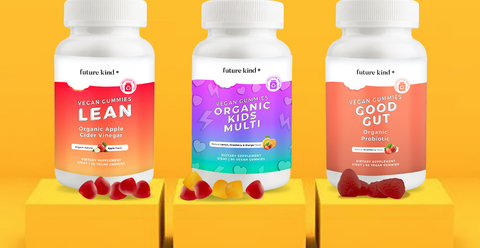
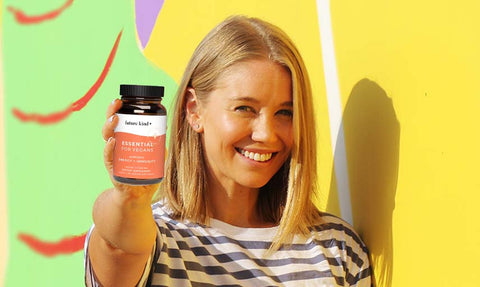
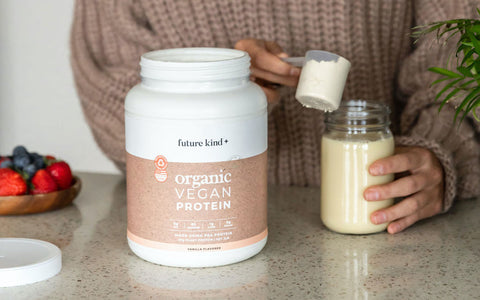
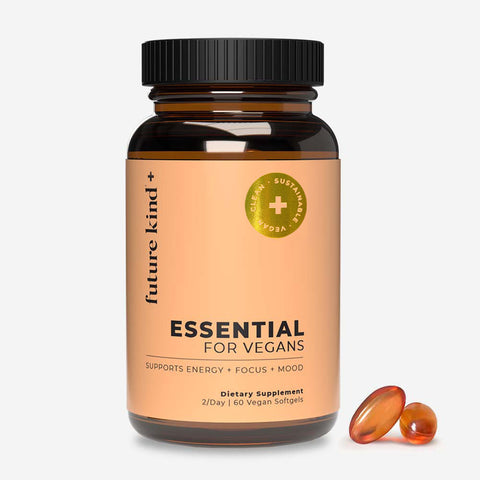
Comments (0)
There are no comments for this article. Be the first one to leave a message!